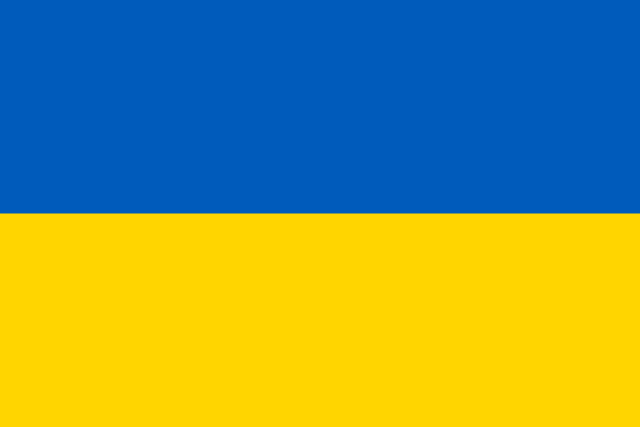Mental Health Care in Norway: What We Can Learn
- Nicole Lysik
- Feb 27, 2022
- 3 min read
While it is important to shed light upon mental health crises around the world, it could also prove to be useful to analyze countries which are excelling in their mental health care and how this information can be applied to situations in dire need of help. Norway’s high level of ranking amongst all mental health care systems around the world establishes the country's credibility in regards to its success as compared to other systems. Trends of declining rates of suicide and hospital stays are just examples of why we should consider following in their footsteps (OECD).
So what exactly is Norway doing differently than other places? For starters, their system, known as Prompt Mental Health Care (PMHC), is largely to credit. PMHC is an adaptation of the system, “Improving Access to Psychological Therapy (IAPT),” which originated in England. Its goal is to allow easy access to primary care for conditions such as depression or anxiety. It also aims to provide a more decentralized system with both inpatient and outpatient care (Johannessen). It has been considered to be successful, as a study conducted by Marit Knapstad and others on the efficiency of the IAPT system found it to have a “reliable recovery rate of 58%.”
Besides the general system, there have been recent modifications incorporated into it which can be seen as unique compared to how treatment is provided elsewhere (like in the United States). An article published by Lucy Proctor and Linda Pressly in BBC news introduces a new initiative which allows psychiatric patients to follow a non-medicated treatment plan. There is believed to be a need for this method of treatment as many individuals have faced unpleasurable experiences from psychiatric medication. From interviews conducted by Proctor and Pressly, patients all seem to have faced similar symptoms as they all described medication as diminishing their ability to feel things the way they used to; even though their hallucinations and depression were minimized, they felt that they became numb to a lot of their emotions. Malin, a girl living in Norway who was interviewed about how the drug-free treatment aided her recovery in her depression and anxiety created a painting during her art therapy session. It displays the emotions Malin felt due to her mental state. She mentions how she was always heavily influenced to take medication to subdue her symptoms, but while effective from that angle, had lost her passion for things in life. Initiatives such as this are what cause this modern system to be recognized as effective, but it is worth noting that there are still major issues within the country's population. One instance is in regards to the lack of focus on child and adolescent care. This demographic is vital to be treated properly because untreated mental disorders that stem in a child’s formative years can greatly impact their future and likelihood of having a stable adulthood (OECD). Furthermore, there is also a high rate of readmission of patients into psychiatric care for certain diseases. The figure below specifically discloses the rates of readmission for individuals with bipolar disorder.

Despite these flaws, Norway is still an example of the step in the right direction and what we can do to improve both the access and quality of mental health care around the world.
Works Cited
Knapstad, Marit, et al. “Effectiveness of Prompt Mental Health Care, the Norwegian Version
of Improving Access to Psychological Therapies: A Randomized Controlled Trial.”
Psychotherapy and Psychosomatics, U.S. National Library of Medicine,
https://pubmed.ncbi.nlm.nih.gov/31794968/.
Knapstad, Marit, et al. “Prompt Mental Health Care, the Norwegian Version of IAPT: Clinical
Outcomes and Predictors of Change in a Multicenter Cohort Study - BMC Psychiatry.”
BioMed Central, BioMed Central, 16 Aug. 2018,
https://bmcpsychiatry.biomedcentral.com/articles/10.1186/s12888-018-1838-0.
Positive Changes in Norway, but Some Gaps in Care ... - OECD.
https://www.oecd.org/els/health-systems/MMHC-Country-Press-Note-Norway.pdf.
Proctor, Lucy, and Linda Pressly. “How Norway Is Offering Drug-Free Treatment to People
with Psychosis.” BBC News, BBC, 19 Feb. 2021, https://www.bbc.com/news/stories-
56097028.



Comments